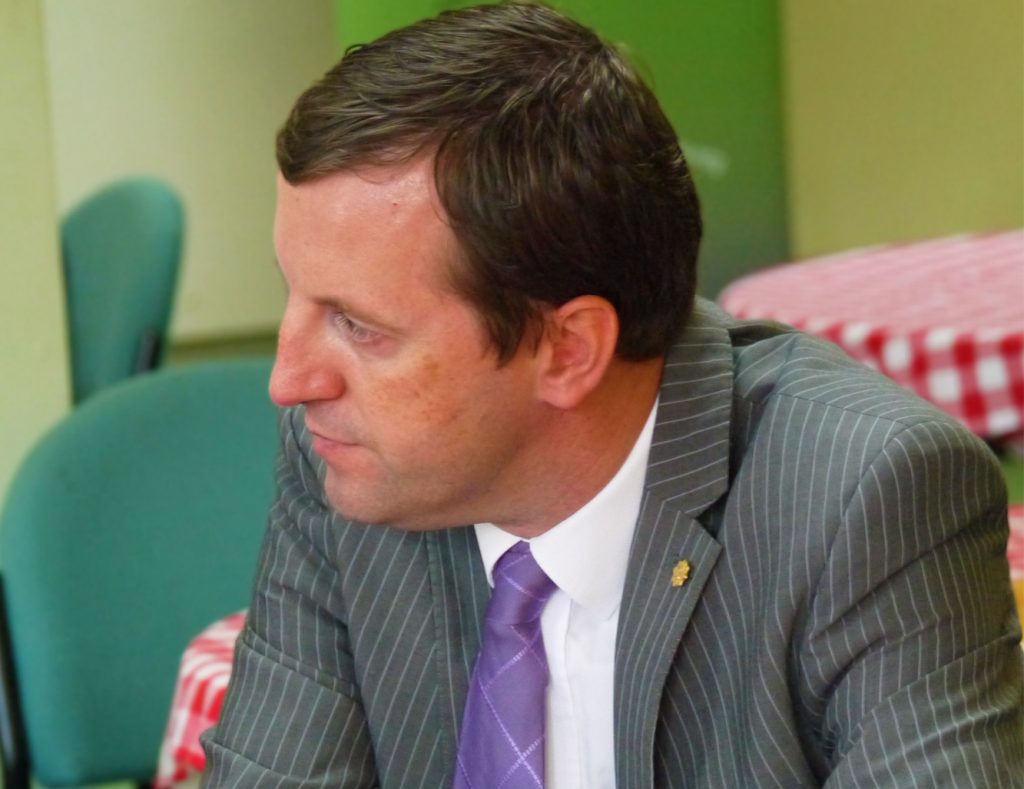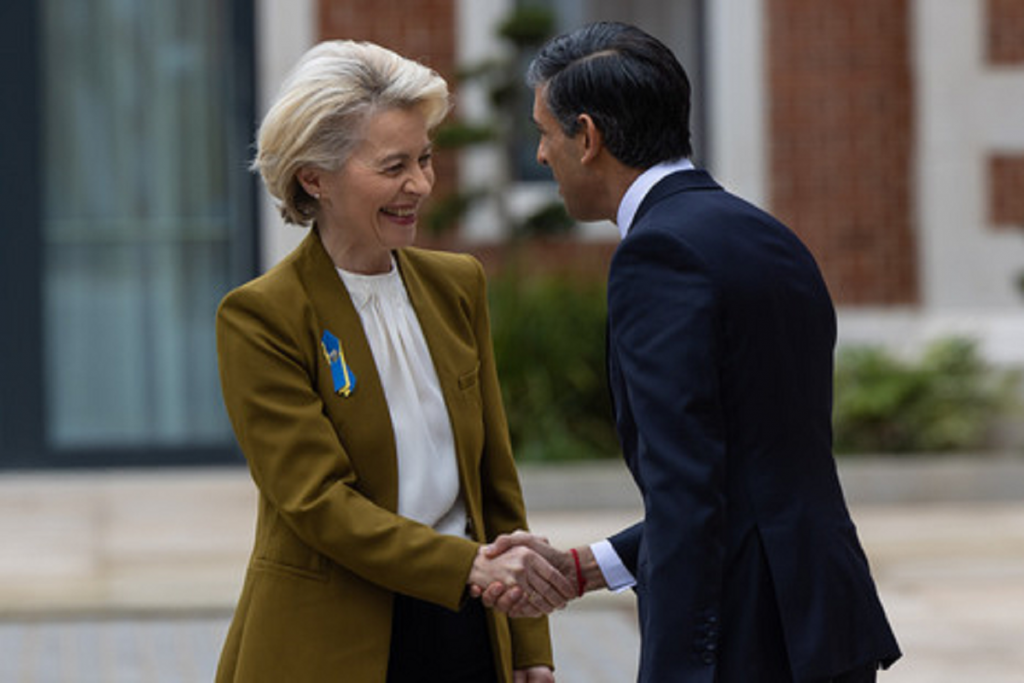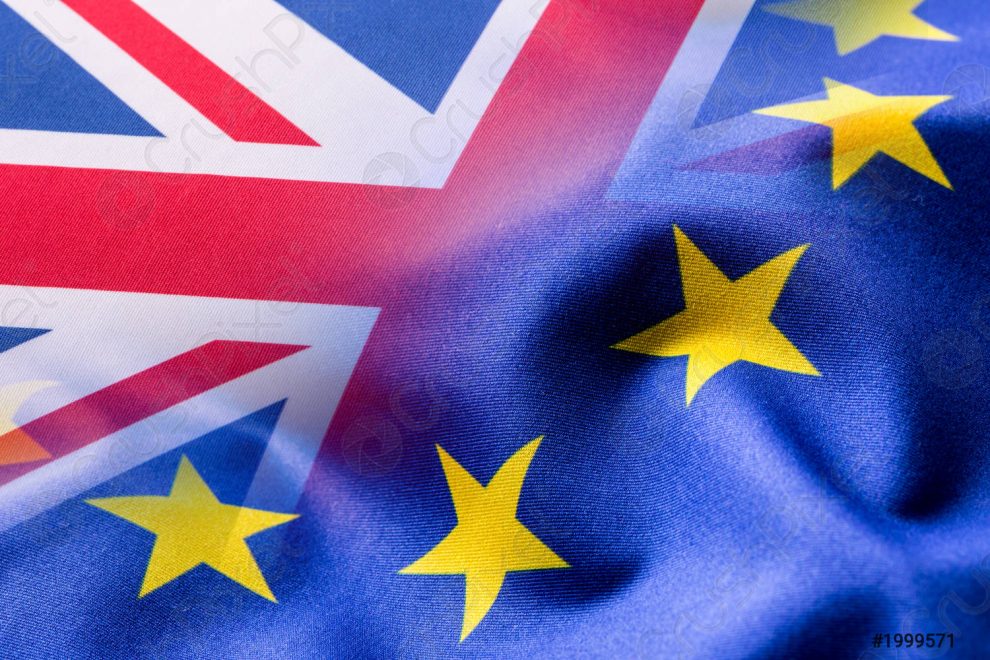
THIS week, as we digested changes to the Northern Ireland protocol, Westminster felt like the 2017-19 Parliament when Brexit dominated the political debate, writes Jonathan Edwards MP.
Changing the Protocol was inevitable. The changes result from Boris Johnson’s strategy of pursuing a hard Brexit outside the European economic frameworks. In doing so, he accepted the initial negotiating position of the EU in the event of the UK deciding to leave its economic frameworks.
Placing the border on the island of Ireland endangered the Good Friday Agreement. Therefore the British Government left Northern Ireland in the European Customs Union and Single Market. Boris Johnson effectively split the British State into two economic zones. At the same time, England, Wales and Scotland began their swashbuckling misadventure free from the “shackles” of Brussels.
Northern Ireland’s unionists loathed the original Brexit deal. Some of the most ardent supporters of Brexit, the DUP found themselves cut adrift economically from the British mainland. They got what they deserved for supporting an ultra-Brexit position. As I interpret the revised Protocol, Northern Ireland now finds itself in a hybrid position, both a member of the EU single market and the UK internal market.

There was much spin from the British Government that the Prime Minister had achieved the impossible. However, as the dust settles, the EU can still enforce the protection of its single market; there are no restrictions on the freedom of movement of people, goods, services and capital on the island of Ireland. Meanwhile, the ECJ remains the sole and final arbiter of EU law in Northern Ireland.
I understand the political need for the Prime Minister to portray this as a sort of diplomatic victory. However, both sides have achieved what they wanted. The UK gets frictionless trade between GB and Northern Ireland. The EU preserves its red lines on the integrity of the single market by gaining full access to UK data on trade entering Northern Ireland from GB.
Reportedly, all the key aspects of the revised deal were on the table from the very start but were rejected by Brexit ultras who fantasised that the EU would crumble if the UK threatened a full-on trade war. That was never going to happen.
The so-called Stormont Brake is an interesting development. It enables a functioning Northern Ireland Assembly to veto any new EU Single Market rules it doesn’t support.
That leaves the DUP with a problem. It’s blocked the return of a devolved administration but needs a Stormont administration in place to deploy the Brake.
From a Welsh perspective, the deal raises some serious questions.
As I pointed out in my contribution, Northern Ireland has more power over EU single market rules than Wales and Scotland have over the UK’s internal market rules.
So much for the partnership of equals!
The Prime Minister hailed Northern Ireland’s privileged status. Under the deal, it is the only part of the UK which can access the EU single market without restriction. Indeed, the Northern Ireland economy has outperformed the wider UK economy since Brexit. Many would reasonably ask if Northern Ireland is doing better than the UK while part of the EU economic frameworks, why don’t Wales, Scotland and England re-join?
Anyone with an ounce of understanding knows the great Brexit experiment has failed. That is, everyone apart from the frothing-at-the-mouth English nationalists in the Conservative Parliamentary party.
The revised Protocol heralds a very important moment in the Brexit saga, but not for the reasons the British Government and the London tabloids proclaimed.
It is the first baby step in returning the UK’s European Union policy to one centred on reality. For this, the Prime Minister is to be commended. It will be a long road. But the momentum now is towards a more collaborative approach, as opposed to the childish intransigence we have witnessed from Westminster since the 2016 referendum.
Indeed, the five priorities set out by the UK Government at the beginning of the year would all benefit from closer collaboration with the EU. The NHS has suffered greatly from the loss of EU staff; the channel boat crossing situation has worsened since the UK failed to negotiate a post-Brexit returns policy; the three economic priorities of inflation, economic growth and public debt would benefit from closer economic links with the EU.
Splendid isolationism has failed. Let’s hope the Protocol deal helps build the foundations for the serious bridge-building required by the British Government to undo the damage caused by Brexit.



















